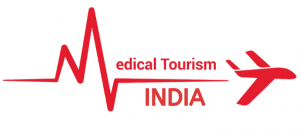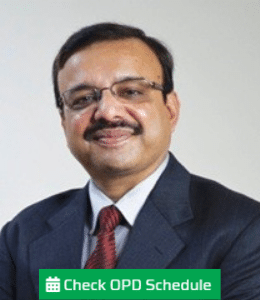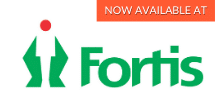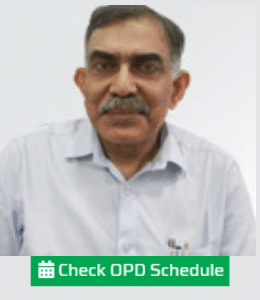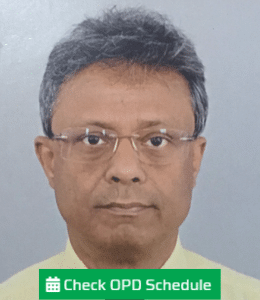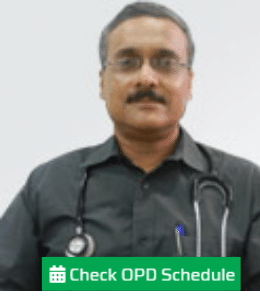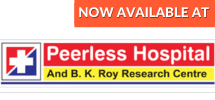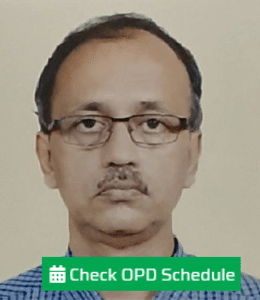Delineation of Cardiology
Cardiology, a branch of medicament dealing with the disorders of the heart as well as some parts of the circulatory system. The field includes medical diagnosis and treatment of congenital heart defects, coronary artery disease, heart failure, valvular heart disease and electrophysiology.
Nevertheless, surgery is often required to address problems such as heart failure, plaque build-up that partially or totally blocks blood flow in a coronary artery, faulty heart valves, dilated or diseased major blood vessels (such as aorta)and abnormal heart rhythms.
Well, heart surgeons generally known as cardiothoracic surgeons perform surgery of the heart. Cardiologists(physicians who specialise in this field of cardiology medicine are called cardiologists)work with surgeons to manage patients and determine whether the patient require surgery. They might work together to treat irregular heart problems.
Symptoms of heart disease
Heart disease symptoms may vary from men to women. For example, men are more likely to have chest pain; women more likely to have other symptoms along with chest discomfort – shortness of breath, nausea and extreme fatigue.
Symptoms include:-
- Chest pain, chest tightness, chest pressure and angina.
- Shortness of breath.
- Numbness, weakness or coldness in legs or arms if blood vessels of those parts are narrowed.
- Pain in the neck, jaw, throat, upper abdomen or back.
You might not be diagnosed with cardio disease untill you have a heart attack, angina, stroke or heart failure. It’s important to keep an eye over the symptoms and discuss concerns with your doctor.
Precautions
Your choices can influence your heart health. Lifestyle change can greatly reduce your chances of heart disease. Position lifestyle chamges include:-
Smoking is one of the leading risk factors for coronary heart disease, heart attack and stroke. Smoking causes build-up of plaque leading to atherosclerosis.
Maintaining a healthy diet reduces risk for heart disease.
- Eating herbs, nuts and olive oil promotes healthy fat.
- Restricting consumption of red meat to one or two time a month instead consume fish twice a day.
- Increasing consumption of fruits, vegetables and whole grains.
- Avoiding alcohol, high amount of salt and sugar and food with particular hydrogenerated vegetable oil.
Lifestyle changes solely aren’t enough, your doctor many prescribe medications to control your heart disease which depends on the type of heart disease. If medications aren’t enough, doctor will recommend specific procedure or surgery.
Medical Check-up Methods
Your doctor may order different medical tests to find out what your heart condition is and the best way to treat it.
- Blood tests
- Electro Cardiogram(ECG)
- Exercise Stress Test
- Echocardiogram(ultrasound)
- Nuclear Cardiac Stress Test
- Coronary Magnetic Resonance Imaging(MRI)
- Coronary Computed Tomography Angiogram (CCTA)
Best Hospitals for Cardiology and Heart Surgery
- Medanta, The Medicity
- Jaypee Hospital
- Apollo Hospital
- National Heart Institute
- Christian Medical Hospital
- Sakra World Hospital
- Max Healthcare Hospital
- Frontier Lifeline Hospital
- Perambur Railway Hospital
- Delhi Heart and Lung Institute
- Wockhardt Hospitals
- Sri Sathiya Sai Heart Hospital
- Victoria Hospital
- Narayana Hrudyalaya
- Vydehi Hospital
- MIOT Hospital
- Global Hospital
These hospitals offer a ride range of services covering all aspects of cardiac care like interventional cardiology,, pediatric cardiology, surgeries for coronary artery bypass, correction of congenital abnormalities of the heart, etc.
If you’ve had a heart attack, you may have already had certain procedures to you survive your heart attack and diagnose your condition. For example, many heart attack patients have undergone thrombolysis, a procedure that involves injecting a clot-dissolving agent to restore blood flow in a coronary artery. This procedure is administered within a few hours of a heart attack. If this treatment isn’t done immediately after a heart attack, many patients will need to undergo coronary angioplasty or coronary artery bypass graft surgery (CABG) later to improve blood supply to the heart muscle.
Different Methods of Surgery
Angioplasty
Also known as Percutaneous Coronary Interventions (PCI), Balloon Angioplasty and Coronary Artery Balloon Dilation.
Special tubing with an attached deflated balloon is threaded up to the coronary arteries. The balloon is inflated to widen blocked areas where blood flow to the heart muscle has been reduced to cut off. Often combined with implantation of a stent to help the artery open and decrease the chance of another blockage. Even considered less invasive because the body is not cut open.
Reasons for the procedure:-
- Greatly increases blood flow through the blocked artery.
- Reduces chest pain.
- Increases ability for physical activity limited by angina or ischemia.
- Also used to open neck and brain arteries to prevent stroke.
Angioplasty, Laser
Similar to angioplasty except that the catheter has a laser tip that open the blocked artery. Throbbing shaft of light vaporize the plaque build-up.
Reasons for the procedure:-
- Increases blood flow through blocked arteries
Artificial Heart Valve Surgery
Also known as Heart Valve Replacement Surgery. The aortic valve and the mitral valve are the most commonly replaced valve. Pulmonary and tricuspid valve replacement are uncommon in adults. Replaces an abnormal or diseased heart heart valve with a healthy one.
Reasons for the procedure:-
- Restores function of the heart valves.
Atherectomy
Similar to angioplasty except the catheter has a rotating shaver on it’stip to cut away plaque from the artery.
Reasons for the procedure:-
- Increases blood flow through blocked artery.
- Used in carofid arteries(arteries of the neck leading to the brain)to remove plaque and reduce risk for stroke.
Bypass Surgery
Also known as CABG, Coronary Artery Bypass Graft done via Open Heart Surgery. Treats blocked heart arteries by taking arteries or veins from other parts of the body and using them to reroute the blood around the clogged artery to supply blood flow to the heart muscle.
Reasons for the procedure:-
- One of the most effective procedures to manage blockage of blood.
- Improves the supply of blood and oxygen to the heart.
- Relieves angina.
- Reduces risk of heart attack.
- Improves ability for physical activity.
Heart Transplant
When a heart is irreversibly damaged, it is removed and replaced with a healthy human heart.
Reasons for the procedure:-
- Restores heart health in appropriately selected patients.
Cardiomyoplasty
An experimental procedure in skeletal muscles are taken from a patient’s back or abdomen, hen wrapped around the ailing heart. This added muscle, aided by ongoing stimulation from a device similar to a pacemaker may boost the heart’s pumping motion.
Reason for the procedure:-
- Increases the pumping motion of the heart.
Stent Placement
A stent is a wire mesh tube used to open an artery during angioplasty. The stent stays in the artery permanently.
Reasons for the procedure:-
- Holds the artery open.
- Improves blood flow to the heart muscle .
- Relieves angina.
Transmyocardial Revascularization (TMR)
An incision is made on the left breast to expose the heart. Then, a laser is used to drill a series of holes from outside of the heart into the pumping chamber. For some cases, TMR is combined with bypass surgery – which requires an incision through the breastbone used for the bypass.
Reason for the procedure:-
- Relieves angina in very ailing patients not suitable for bypass surgery and angioplasty.
Are you ready for the Surgery?
Preparations for surgery depends on your diagnosis. Your physician will discuss with you how to prepare for surgery. However, if you will undergo general anesthesia, you may be asked to do the following:-
- Stop drinking and eating for a certain period of time before the time of surgery.
- Bathe or clean and possibly shave the area to be operated.
- Undergo various blood tests, X-Rays, electrocardiogram, or other procedures necessary for surgery.
- Sometimes a patient maybe asked to take an enema the evening before surgery to empty the bowels.
- Do not wear makeup the day of the surgery.
- Do not wear nail polish.
- Do not wear eye contacts.
- Leave valuables and jewellery at home
Best Cardiac Surgeons of India
- Devi Prasad Shetty
- K.S. Iyer
- Naresh Trehan
- Rajesh Sharma
- Ashok Seth
- Kapadia
- K.M. Cherian
- Ramakanth Panda
- Ajay Kaul
- Sandeep Attanar
- Ashok Rajgopal
- Vikram I. Shah
- Rajiv Parakh
- Muffazal Lakdawala
- N.K. Venkatara
- Giriraj Singh Bora
- Pradeep Rela
- P.V.A. Mohandas
- Subash Gupta
- Arvinder Singh Soin
